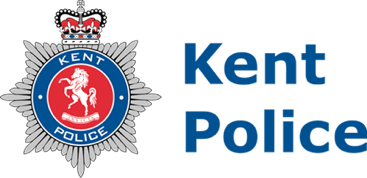Why it’s important to save lives
Losing a family member in a road accident is devastating for families. For some, it can lead to family breakdown, job loss and depression. Some families never recover from the trauma of a sudden and violent death as a result of road traffic collisions.
Serious injuries suffered in a road traffic collision can have an impact on a person for the rest of their life – they can affect physical and cognitive abilities, as well as psychological wellbeing. People involved in such accidents may have to spend a significant amount of time in hospital and require long-term treatment. Their physical abilities after the accident may be altered, for example, if they have sustained a spinal injury or lost limbs or sight. Head injuries can result in changes in cognitive abilities and personality.
Individuals can experience vivid, traumatic flashbacks of the crash. Post-traumatic stress, depression and anxiety are all common after a serious road accident.
Road crashes can also be life-changing for families.
The reality of a crash
In 2017 The DfT estimated that the economic cost of all road crashes amounts to £36 billion per annum. The behaviour of drivers, riders and pedestrians is a key factor in the cause of these casualties. It is, of course obvious, that the higher the impact speed the higher the risk of serious injury or death.
In Great Britain (2018) Fatal Crashes and casualties were significantly more expensive than either serious or slight crashes in the United Kingdom (UK) during 2018. On average a fatal crash resulted in substantial amounts in prevention costs in 2018. The cost of slight crashes was nowhere near as much, but not insignificant. Overall, there were roughly 123,000 reported road crashes in Great Britain that year, of which 1,671 were fatal. (Published by Statista Research Department, Jan 31, 2020)
How we save lives
We work closely with our partners and intelligently, using the latest data and research available to us, to make a significant impact on reducing death and injuries on our roads.
In Kent, the number of people killed or seriously injured (KSI) in road crashes fell by 50% between 2000 and 2010.
Inappropriate and excess speed is a significant factor in road crashes. The outcome may result in death, serious injury and damage, as well as being a serious “quality of life” issue. The effective, intelligence-led use of speed enforcement can assist in addressing these problems. Roads policing supports and complements road safety education and engineering and is an essential part of road safety.
Speed enforcement benefits;
• Deters illegal, dangerous and careless behaviour on the road
• Detects illegal, dangerous and careless behaviour on the road
• Identifies offenders
• Identifies the causation factors in crashes
• Helps to educate, and change the attitudes of road users
• Prevents other forms of crime
• Identifies and removes dangerous vehicles
Contrary to popular belief, safety cameras are not placed on roads where they will make the most money. Enforcement only takes place at sites where there is a history of fatal and seriously injured casualties and where speed has been a contributory factor in crashes.



